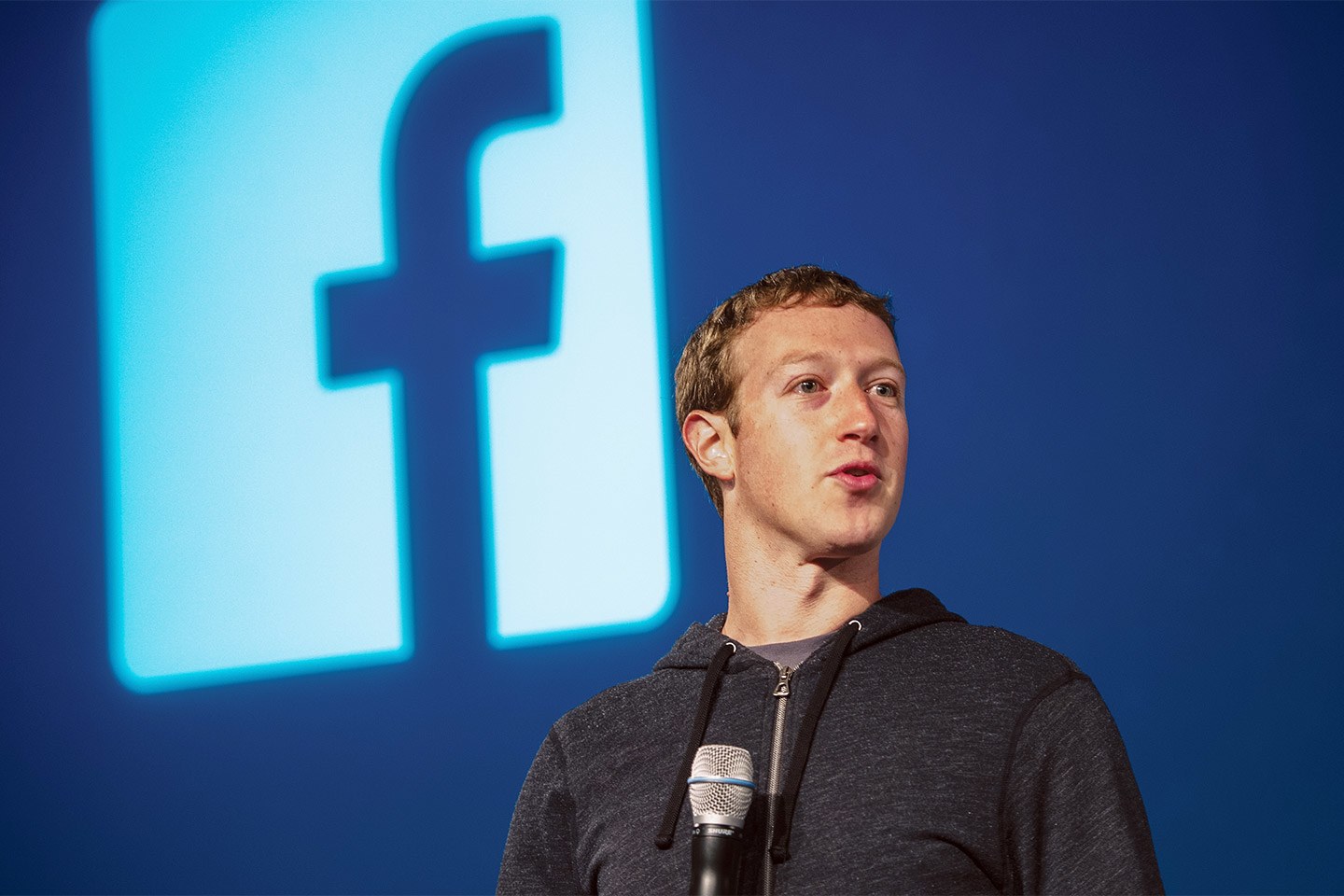How do you beat Facebook?
It’s an interesting strategy exercise, isn’t it?
You might start by thinking of everything that Facebook does badly, and then figuring out how your new social network could do those things better… but you’d also have to do everything Facebook already does well. (That’s daunting.)
Or, you might think about what Facebook already does well, and then spin off a part of that for yourself. After all, if you can steal away some of Facebook’s thunder — “We’re an even better way to keep in touch with your friends” — you might be able to replicate their entire business model while avoiding their mistakes… but that could take awhile, and it would leave you exposed for Facebook to take action against you while you attempted to outmaneuver them in real time with fewer resources. (That’s a recipe for disaster.)
The truth is, if you were to start a company right now and your goal is “we’re going to be the next Facebook,” you’ve already lost.
That’s because nobody needs the next Facebook.
And that means when you’re starting a business, you need to ask a completely different question than “how can I improve upon ___?”
Improving isn’t enough.
I’ll tell you why, and then I’ll tell you the question you need to ask instead.
There Is No Better Mousetrap
Sure, Facebook has problems. And yes, there are some things Facebook does that annoy users, or even infuriate them… but no one is quitting Facebook to move to a slightly better service.
Why not?
For one thing, there’s the network effect. A service is only as valuable as the people who use it. If you’re on Facebook, you’re there because the people you want to interact with are also there. For you to want to move to a new service, enough people you want to interact with would also have to move there all at once in order to for your collective effort in switching platforms to be worthwhile.
Sure, MySpace died because Facebook was a better MySpace. But those were the early days of the social web, when we were still figuring out what we’d allow a website to replace in our lives. Since then, Facebook has expanded its services drastically. Because of its size and its network effect, it’s a better social network than MySpace. But it’s also a better event platform than Eventbrite or Meetup. And it’s a better photo sharing platform than Flickr. Whatever it can’t compete with, it either buys (Instagram, WhatsApp) or it tries to destroy by incorporating its competitors’ features into its own properties in such a way that those other services become less useful (SnapChat, YouTube).
But the real coup de grace on Facebook’s ascent is that Facebook isn’t just a web platform. For a significant percentage of the population, Facebook now IS the Internet.
Think about this: how many websites have you gone to of your own volition in the past month that you weren’t directed to by Facebook (or Instagram)? [And, of those, how many of them were you directed to by Twitter?]
Facebook isn’t just a better MySpace; Facebook solved the Internet. And it doesn’t stop there.
Think of the offline things Facebook made obsolete or completely unnecessary from a functional standpoint.
Photo albums.
Photo processing.
Phone calls.
Address books.
Remembering phone numbers.
Remembering birthdays.
Remembering your own past.
The reason no one leaves Facebook for a slightly better service isn’t just because their network hasn’t shifted; it’s because Facebook has become such an integral part of our daily lives that if we did leave, we’d have to leave for a service that not only did all of those things I just listed (and more) significantly better than Facebook does, but this new service would also have to solve a completely different problem related to some other aspect of our lives.
That’s because no one wants to shift their online lives to yet another website. We already did that, so we don’t just want a lateral improvement. Now we want to move forward.
That means Facebook’s real competition isn’t another website, or another app.
Facebook’s real competition is whatever makes Facebook — and, by extension, the Internet — obsolete.
What could do that?
Virtual reality.
No wonder Facebook is investing so heavily in VR. Mark Zuckerberg realizes that the only way he can lose is if people stop needing the integral services that Facebook provides — in other words, if he loses not just attention, but usefulness. And that only happens as the result of a tectonic shift in the way we live our days. Something borderline unimaginable, but which will in retrospect seem inevitable, the same way our shift to the social web would have seemed unfathomable back in the 1980s.
Stop Building Mousetraps; Start Breeding Cats
So if you want to create a new business right now, don’t just ask yourself “what lousy experience can I make slightly better?”
The problem is that no one buys “slightly better,” because the cost of shifting from an entrenched B+ platform to an unproven A- platform isn’t worth the time and money.
People will put up with a service’s inconveniences as long as its utility is stable. This is why cable TV lasted for so long; it took Netflix to make cable unnecessary. Once you deliver a core functionality (“I want to watch TV and movies”) with better features (“whenever and wherever I want”) that obsoletes a terrible experience (“and I don’t want to string wires all over my house to do it”), you win. And you often obsolete other unsatisfactory experiences (“and I don’t want to pay $20 to go to the movies anymore either”) in the process.
Remember: nobody buys “slightly better than.” If you play that game, you’re in a race to the basement of commodity pricing.
Instead, ask yourself: “What terrible experience do I want to obsolete entirely?”
Because nobody needs the next Facebook.
What we need is to not need Facebook.
Image by Mark Morgan.
If You Like This Post
… then you may also enjoy this post about how to get better at taking risks, or this post about the mistake that most startup founders make.




1 Comment
The Problem with Solving Problems – Justin Kownacki · September 12, 2016 at 1:52 pm
[…] If your value proposition is “a better user experience,” your users may love it… but your purchaser may not see any reason to buy “slightly better than.” (In fact, they almost definitely won’t.) […]